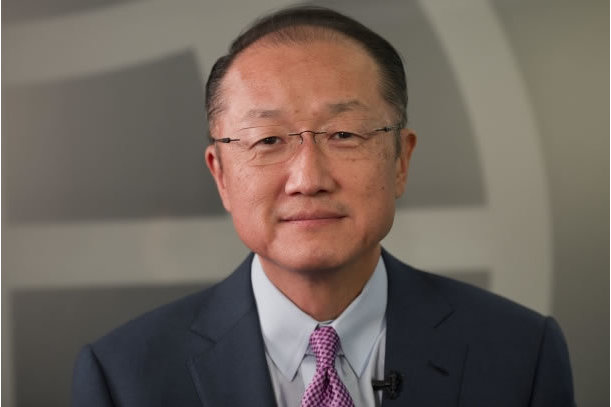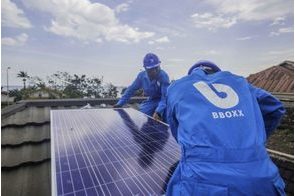World Bank launches Climate Innovation Centre in Ghana

Summary
The technology hub will help over 100 climate entrepreneurs develop and commercialize innovative solutions to climate change.
The World Bank has launched the Ghana Climate Innovation Centre (GCIC) to support the country’s green economy, according to a statement on Tuesday.
The GCIC is a technology hub designed to help over 100 climate entrepreneurs develop and commercialize innovative solutions to climate change.
Over the next 10 years, the World Bank’s GCIC will support Ghana’s National Climate Change Policy by contributing to the production of clean energy and the mitigation of up to 660,000 tonnes of CO2, the equivalent of the emissions from almost 140,000 cars in one year. Ultimately, the GCIC is expected to help more than 300,000 Ghanaians increase their resilience to climate change, the World Bank said.
“The Ghana CIC solidifies the role of the private sector in helping Ghana manage the effects of climate change,” said Henry Kerali, World Bank’s Country Director for Ghana.
“By enabling entrepreneurs and green innovators to test and scale new clean technologies, homegrown business solutions can help the country build climate resilience, while also contributing to job creation and economic development.”
According to the World Bank’s Economics of Adaptation to Climate Change report, Ghana’s agricultural GDP is projected to decline by 3 to 8 percent by the middle of the century without a proper green growth strategy. Coastal erosion from rising sea levels could result in significant loss of land and forced migration, while extreme weather events could further strain the country’s infrastructure.
To reduce the long-term costs of climate change and create opportunities for sustainable growth, the GCIC will provide local companies with the knowledge and resources they need to prototype, develop, and market innovative clean technologies in sectors like climate-smart agriculture, waste water treatment, and off-grid renewable energy. The services offered by the centre will include seed financing, policy interventions, and market connections, as well as technical and business training.
The GCIC is supported by the governments of Denmark and the Netherlands as well as Ghana’s Ministry of Environment, Science, Technology and Innovation. A consortium led by the Ashesi University College with Ernst & Young, SNV Netherlands Development Organization, and the United Nations University Institute for Natural Resources in Africa will manage the centre.
The GCIC is part of the World Bank’s Climate Technology Programme and its global network of Climate Innovation Centers. Other centres have been established in the Caribbean, Ethiopia, Kenya, Morocco, South Africa, and Vietnam.
Related
-
UK aid reduces 16 million tonnes of greenhouse gases
UK aid-supported climate projects have provided 26 million people with improved access to clean energy in the last eight ...
-
Climate conversation needs to deepen in Africa – Okonjo-Iweala
People on the ground are feeling the impacts of the climate issues, but policymakers are not talking about it as much as I ...
-
Report pushes financing for Africa's climate adaptation as agenda for COP27
Adaptation finance is scaling too slowly to close the investment gap in Africa, even as the costs of inaction rise. – ...








